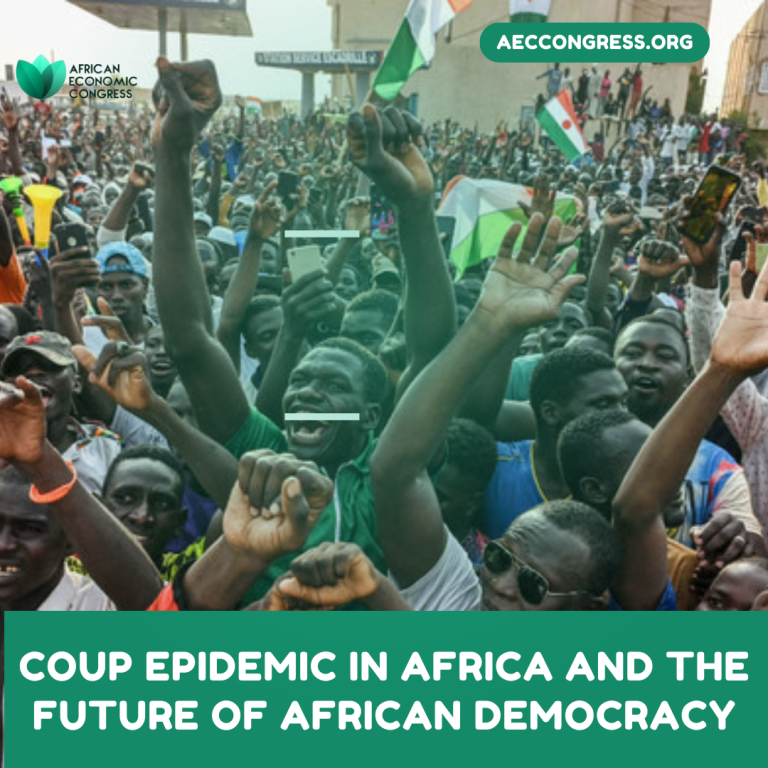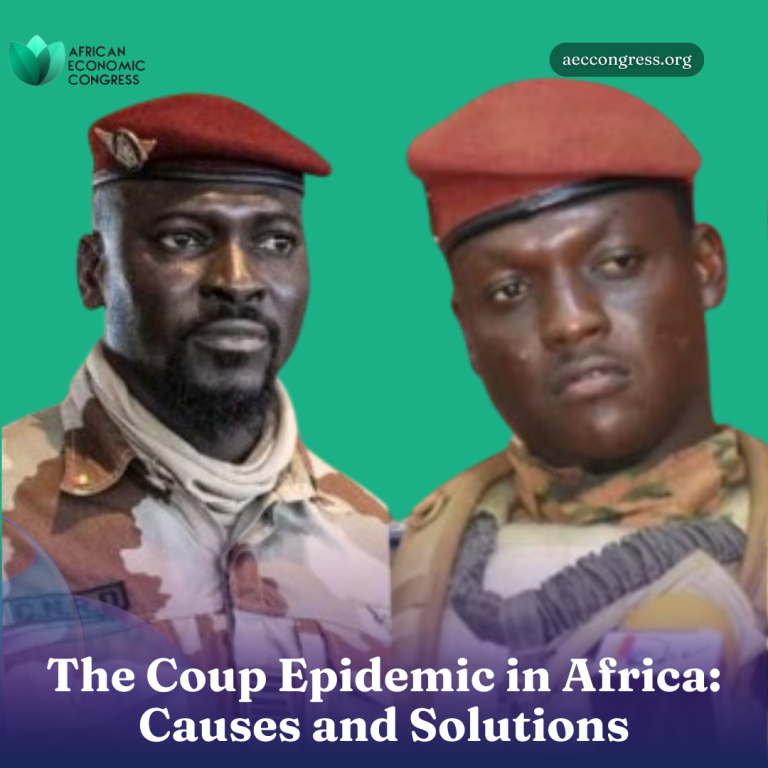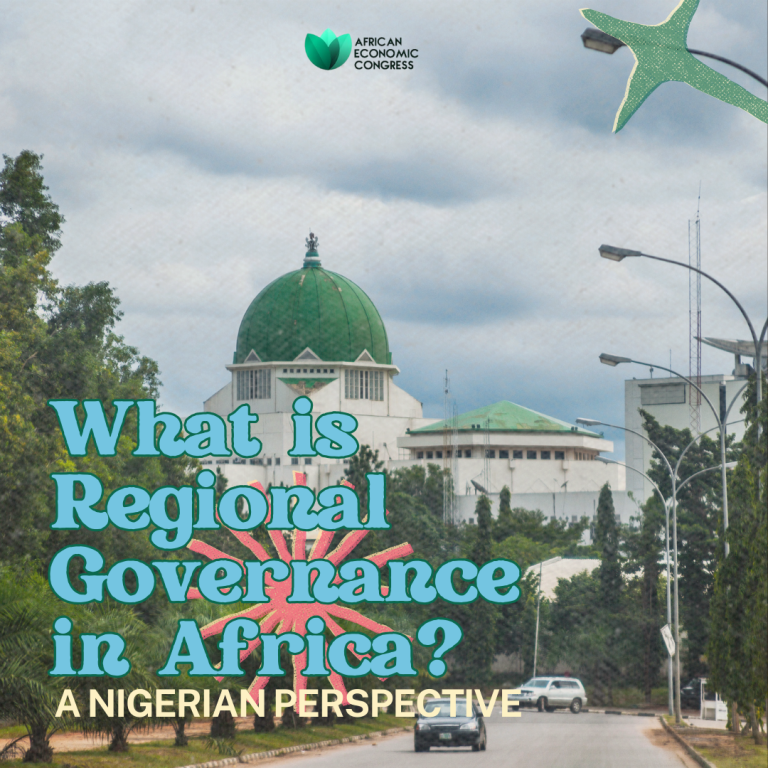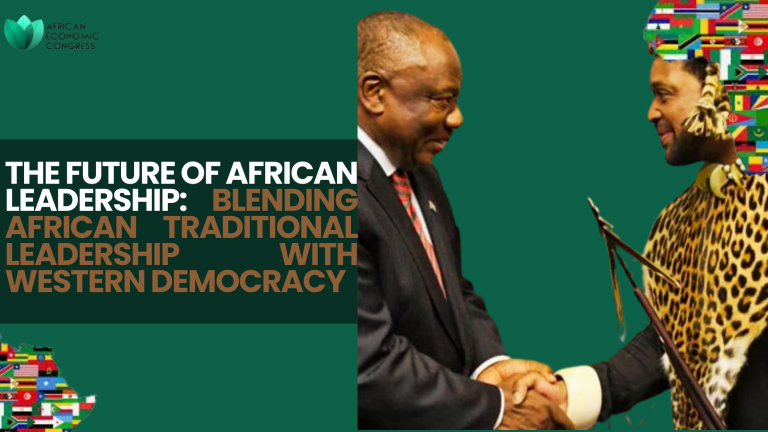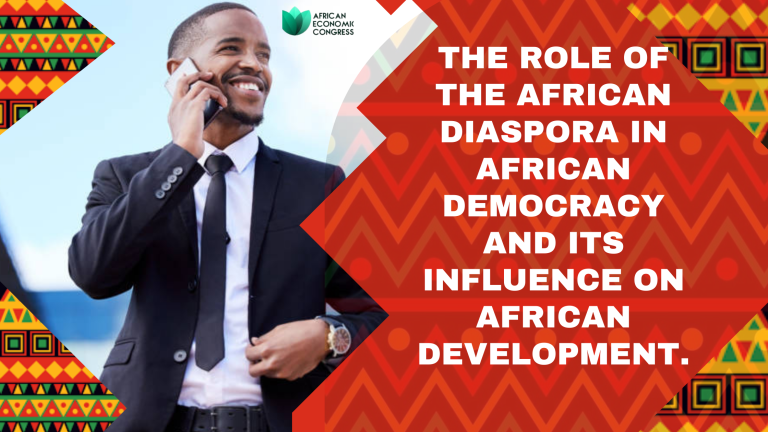In August 2024, Nigeria became the epicentre of a transformative civil uprising known as the End Bad Governance Movement. This protest revealed the growing frustration among Nigerian youth with the country’s leadership, as thousands took to the streets demanding accountability, transparency, and improved governance. While the movement brought critical issues to the forefront, the aftermath exposed a troubling trend that threatens Nigeria’s democracy the illegal detention of protesters by security forces.
The End Bad Governance Movement
Like earlier waves of civil unrest in Nigeria, the End Bad Governance Movement was fueled by deep-seated discontent with systemic failures. Unlike protests targeting specific issues, this movement encompassed a wide range of grievances accumulated over the the years. Frustration with corruption, inadequate infrastructure, skyrocketing unemployment, failing public services, and rampant insecurity united Nigerians across regions, particularly the youth.
While the protests remained largely peaceful, some incidents of violence emerged in a few states. However, the government’s post-protest actions against demonstrators raised alarming concerns about human rights. Reports of illegal arrests and prolonged detentions without due process have cast a shadow over Nigeria’s democratic values.
Illegal Detention of Protesters
Following the protests, reports from cities like Kano, Kaduna, Lagos, and Abuja revealed a disturbing trend: the detention of demonstrators without legal justification. Security forces, particularly the police and military, were accused of arbitrarily detaining protesters, often for extended periods, without filing charges. Many detainees were denied access to legal counsel, forced to endure inhumane conditions, and held incommunicado.
Authorities justified these detentions as a measure to prevent further unrest or gather intelligence. However, these actions not only violate Nigerian law but also contravene international human rights agreements. The Nigerian Constitution guarantees citizens the right to peaceful assembly, free speech, and protection from arbitrary detention. Post-protest actions directly contradicted these legal protections, undermining public trust in the country’s democratic institutions.
The Consequences of Arbitrary Detention
Arbitrary detention is a clear violation of fundamental human rights with far-reaching implications:
- Erosion of Public Trust:
When security agencies and judicial systems fail to protect citizens’ rights, public confidence in these institutions diminishes. Protesters detained without cause or trial begin to fear the very systems meant to safeguard them. - Physical and Psychological Harm:
Reports of detainees facing brutal treatment—including beatings, overcrowding, denial of food and water, and even torture—are widespread. Such conditions not only violate international human rights standards but leave victims with long-lasting trauma. - Suppression of Civil Liberties:
Arbitrary detention creates a climate of fear and repression, discouraging citizens from exercising their democratic rights. This suppression of dissent stifles political change and perpetuates bad governance.
The Role of Civil Society
Civil society organizations (CSOs) have played a pivotal role in advocating for the rights of detained protesters. Groups such as the Centre for Democracy and Development (CDD), Amnesty International Nigeria, and the National Human Rights Commission (NHRC) have condemned the illegal detentions, demanded justice, and provided critical support to victims.
These organizations document abuses, offer legal aid, and leverage domestic and international platforms to pressure the government into action. Their efforts remind citizens that no government is above accountability and that civic voices cannot be silenced indefinitely.
The Path Forward: Upholding Democratic Principles
The End Bad Governance Movement is a clarion call for a better Nigeria one where leaders are held accountable, and citizens are free to express dissent without fear of retaliation. For this to become a reality:
- Government Accountability:
Authorities must ensure that detained protesters are released immediately and investigate cases of illegal detention and abuse. Perpetrators of these violations must face justice. - Strengthening Institutions:
Nigeria’s judiciary, police, and security agencies must be reformed to uphold democratic principles and the rule of law. Arbitrary detentions and human rights abuses erode the legitimacy of these institutions. - Youth Engagement:
The government must address the underlying grievances fueling youth protests by implementing policies that tackle unemployment, insecurity, and poor governance.
The illegal detention of protesters following the End Bad Governance Movement reflects deeper challenges facing Nigeria’s democracy. While the movement has amplified the call for accountability and transparency, these gains will be undermined unless the government takes concrete steps to respect human rights and uphold democratic values.
Nigeria’s youth have shown resilience and determination in their fight for a better future. As they continue to demand change, their voices must be met with dialogue, not repression. The road to a truly democratic Nigeria may be long, but it is a path that must be pursued to secure a just and prosperous future for all.





